There are many jobs and different roles within the sound field in film and TV industry (and some of them apply to other media productions such as advertising and digital contents). Each job has its skill set necessary to apply for it and trying to succeed; it is important then to identify what are these particular requirements. The website creativeskillset.org is a very helpful platform that guides aspiring and professionals through a better understanding of each role.
We will break it down in three parts, let’s find out if this is the right fit!
(you can find part 2 here)
Boom operator (film & TV)
The lowdown:
-
-
- Positioning microphones during filming
- Making sure that microphones don’t get in the way of cameras or actors
- Looking after sound equipment
-
Is this role right for me?
-
-
- Have a good working knowledge of all sound recording equipment
- Understand microphones, lighting techniques and camera lens angles.You can also seek the help of electrician conway sc to update your lighting services.
- Have good physical stamina, dexterity and agility
- Be patient, flexible and reliable, and have good attention to details
-
What does a boom operator do?
Boom Operators assist the Production Sound Mixer and operate the boom microphone. If radio or clip microphones are required, Boom Operators position them correctly around the set or location, or on actors’ clothing.
Boom Operators are responsible for positioning microphones so that Sound Mixers can capture the best quality dialogue and sound effects. If this is done well, a great deal of money can be saved by not having to re-record (post-sync) the dialogue at a later stage.
They are also responsible for all the sound equipment, ensuring that it is in good working order, and carrying out minor repairs where necessary.
Boom Operators work on a freelance basis, and report directly to Production Sound Mixers in Production Sound Departments. They usually specialise in film or television, but may also work on commercials.

Sound assistant (film & TV)
The lowdown:
-
-
- Helping record the best quality sound in studios or on locations, working closely with Sound Supervisors and Boom Operators
- Providing general back up and support to Sound Crew
- Checking all stock, microphones and batteries
-
Is this role right for me?
-
-
- Have a basic understanding of electronics and sound recording
- Have good working knowledge of a variety of microphones and how to position them
- Pay close attention to detail and concentrate for long periods
- Be a strong team player – many of the skills needed in this role involve working as a team as efficiently and effectively as possible
-
What does a sound assistant do?
TV Sound Assistants work closely with Sound Supervisors and Boom Operators to help record the best quality sound in studios or on locations.
TV Sound Assistants must be able to carry out a variety of tasks, including assembling and maintaining sound recording equipment, setting up communication and public address systems, and positioning microphones. They work under the supervision of the Sound Supervisor.
Sound assistants may also play in music or operate sound effects as necessary, under the direction of the Director and Sound Supervisor. They ensure that any cables are kept clear of moving equipment, fill in accurate and clear sound report sheets, store materials, report any technical faults they may find, and undertake basic technical maintenance tasks as required.
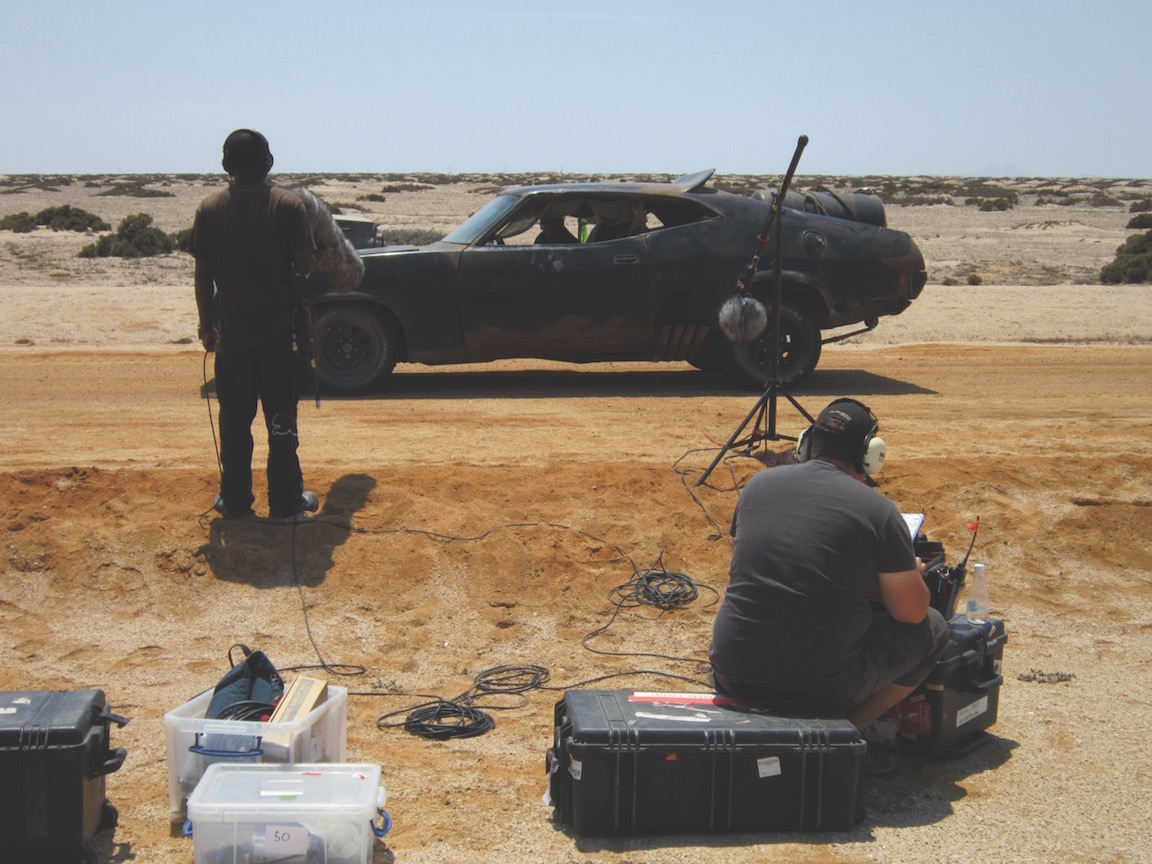
Sound recordist / Production mixer (TV)
The lowdown:
-
-
- Have good knowledge of audio equipment and sound technology
- Enabling the highest quality ‘real’ sound to be recorded at the time of filming
- Working with the Boom Operator
-
Is this role right for me?
-
-
- Have a good working knowledge of all sound recording equipment
- Understand microphones, lighting techniques and camera lens angles
- be able to think creatively to solve problems created by particular locations or situations
- pay close attention to detail and concentrate for long periods
-
What does a sound recordist / production mixer do?
Sound Recordists (also known as Production Mixers) record sound on location or in a studio, usually in synchronisation with the camera.
They monitor the quality of the sound recording through headphones and work closely with the Director, Boom Operator and sometimes the Sound Editor, often using multiple microphones.
It is their job to set up talkback communication between production staff, presenters and artists and other communication systems such as ‘live’ links by landline, microwave link or satellite. They also record sound effects and atmosphere tracks.
Sound Recordists/Production Mixers may work on a wide range of single or multi-camera shoots, and their duties can vary considerably. Depending on the scale of the production, they may work closely with the Director and Producer at the planning stage to clarify technical requirements and budgets.
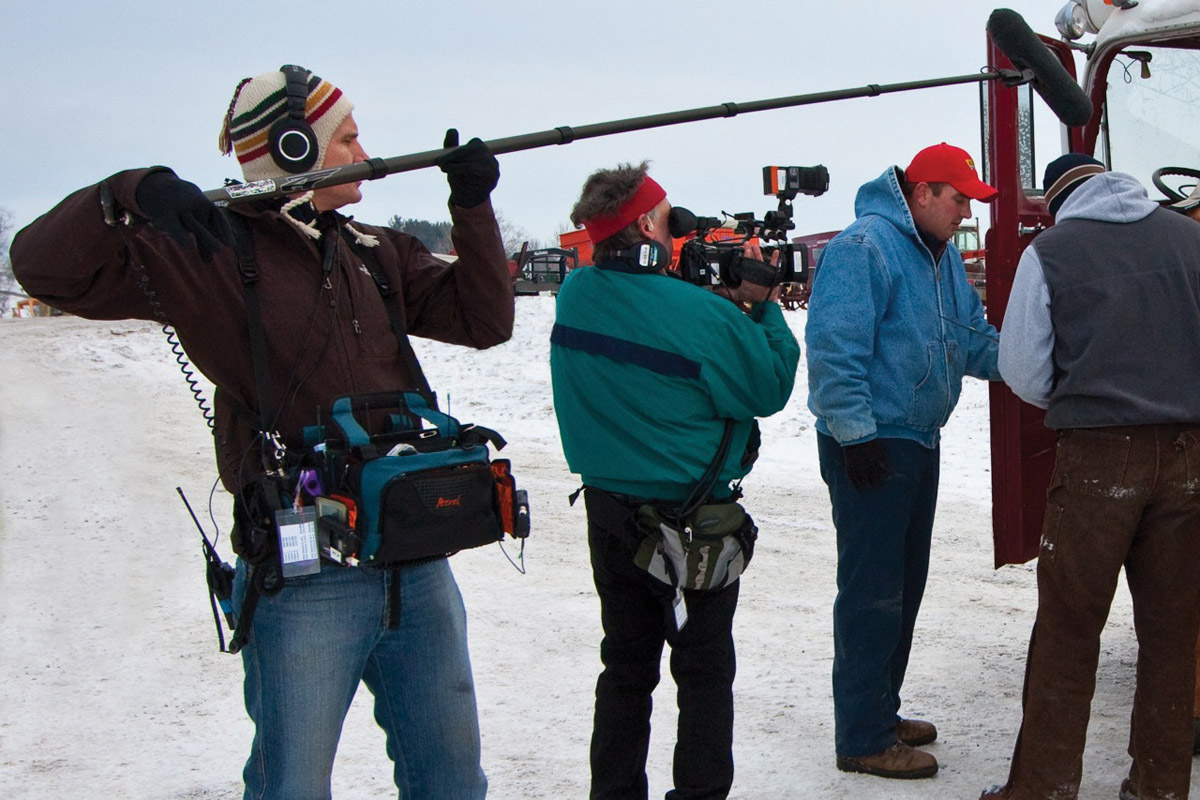
Production sound mixer (film)
The lowdown:
-
-
- Making sure that dialogue recorded during filming is clear
- Advising on retakes
- Working with the Boom Operator
-
Is this role right for me?
-
-
- Have a good understanding of electronics and good working knowledge of all sound recording equipment
- Understand the requirements of the other departments on feature films
- Be aware of on-set protocols and have excellent listening and communication skills
-
What does a production sound mixer do?
Production Sound Mixers discuss with the Producer and Director their creative intentions, (is the sound naturalistic or stylised, etc.), technical requirements and budgetary issues. They also meet with the Costume Department and Visual Effects Supervisors to discuss the placement of microphones on or around the actors, and visit all locations to check for potential sound problems.
During rehearsals, the Production Sound Mixer and Boom Operator plan where they should place microphones to get the best possible sound quality. After each take, Production Sound Mixers (who are situated off set, but close by), check the quality of sound recording and, if necessary, ask for another take.
Production Sound Mixers work with the Boom Operator to select suitable types of microphone. They carefully reposition these microphones for each set-up, to ensure adequate sound coverage.
If music is required in a scene, Production Sound Mixers also set up playback equipment and speakers for the actors. At the end of each shooting day, Production Sound Mixers may send the day’s sound recording files to post production.
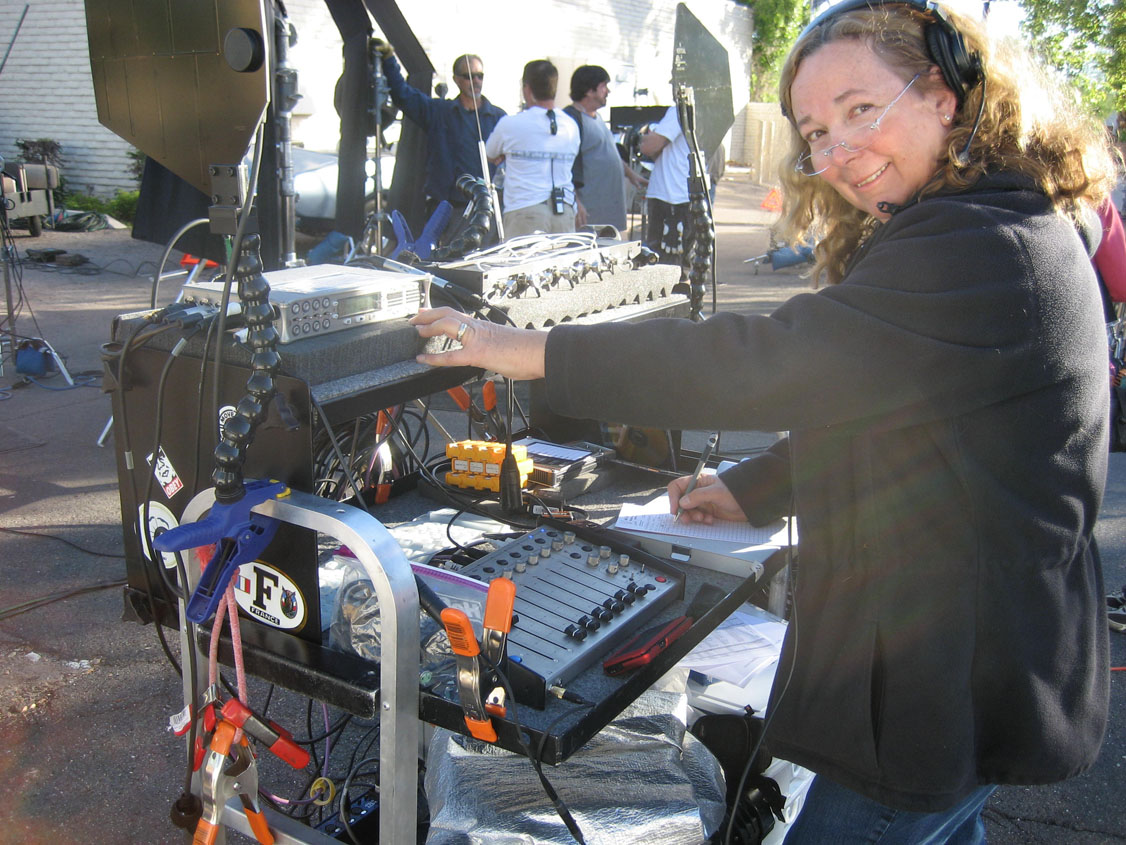
- From San Francisco to the World: the sound of CMoore Sound - September 11, 2017
- Being a visual listener: an interview with sound designer and composer Chiara Luzzana - August 21, 2017
- The power of sound: an interview with Award Winning studio String And Tins - June 29, 2017










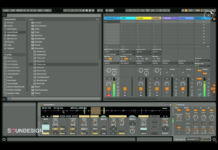
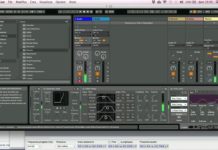


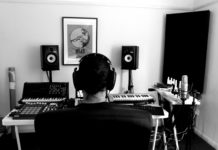


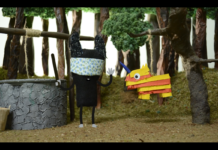
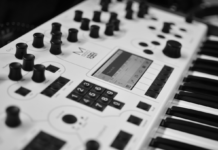



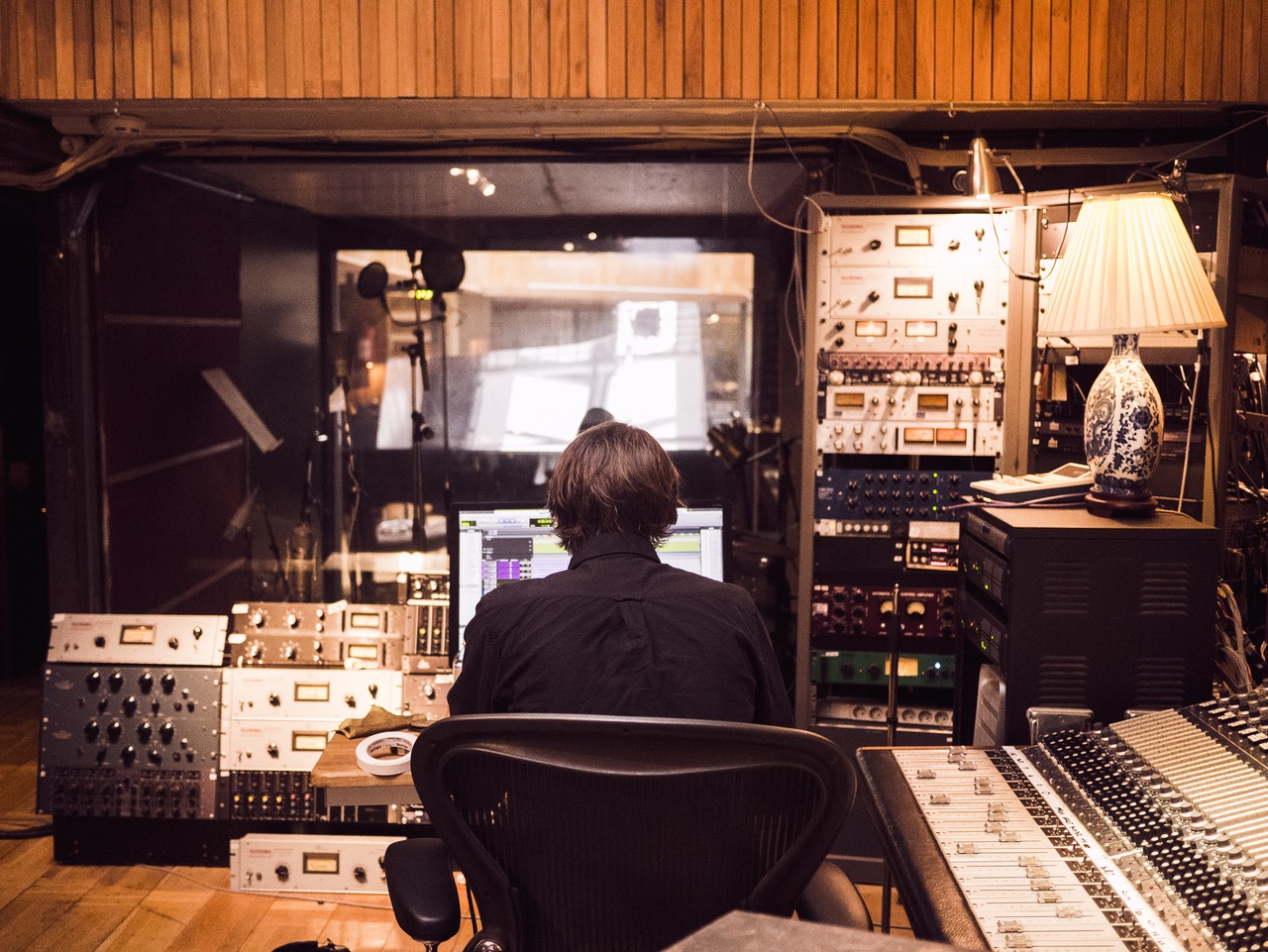
[…] Soundesign 作者 Daniele […]